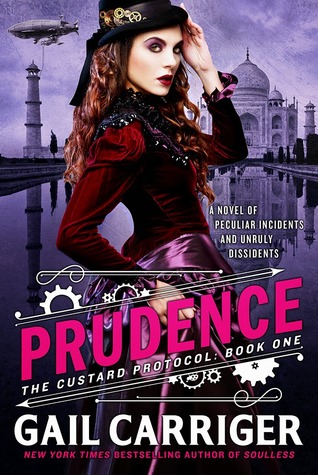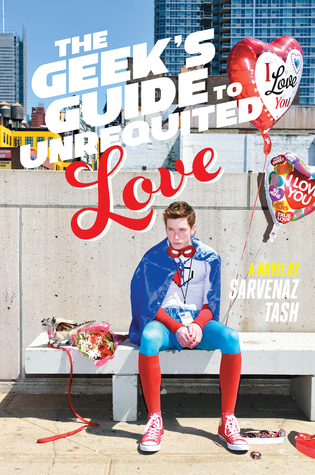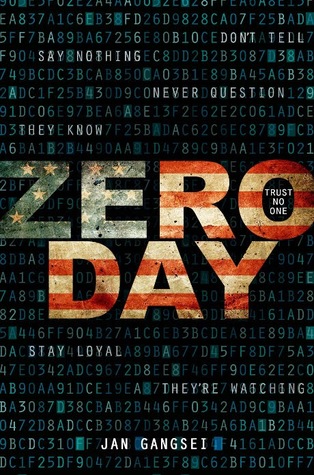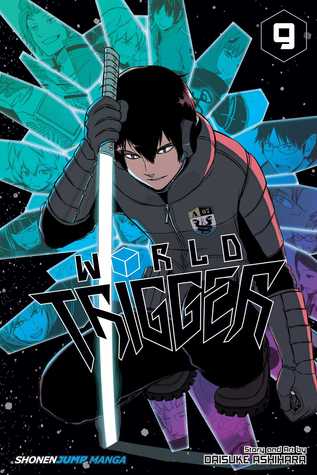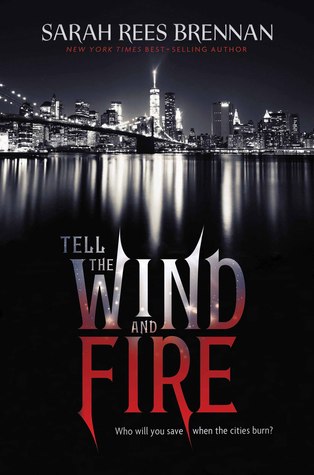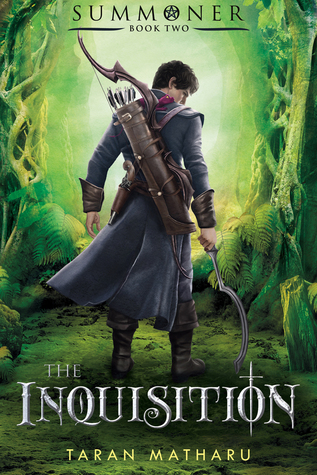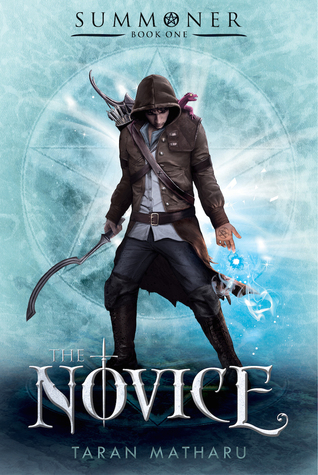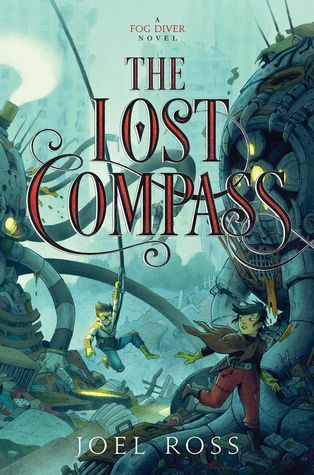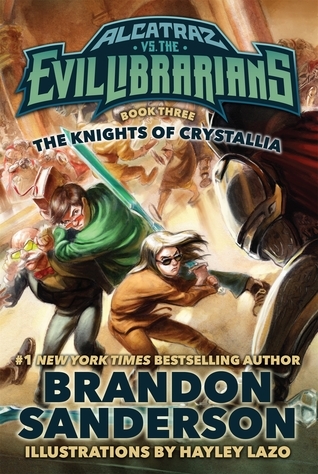Series: standalone
Author: Philip Reeve (site)
Publisher: Switch Press
Release Date: April 1, 2016
Genre: Young Adult Epic Science Fiction
Told: Third Person Omniscient, Past Tense
Content Rating: Teen (violence, human and animal attack, train wreck)
Format Read: ARC (publisher)
Find On: Goodreads
Purchase On: Amazon | B&N | Book Depository
Summary:
The Great Network is an ancient web of routes and gates, where sentient trains can take you anywhere in the galaxy in the blink of an eye. Zen Starling is a nobody. A petty thief from the filthy streets of Thunder City who aimlessly rides the rails of the Network. So when the mysterious stranger Raven offers Zen a chance to escape the squalor of the city and live the rest of his days in luxury, Zen can’t believe his luck. All he has to do is steal one small box from the Emperor’s train with the help of Nova, an android girl. But the Great Network is a hazardous mess of twists and turns, and that little box just might bring everything in this galaxy — and the next — to the end of the line. The highly anticipated novel from Carnegie-medal-winning author Philip Reeve, Railhead is a fast, immersive, and heart-pounding ride perfect for any sci-fi fan. Step aboard — the universe is waiting.
* * *
Review copy provided by publisher for an honest review. Thank you, Switch Press!
Review copy provided by publisher for an honest review. Thank you, Switch Press!
In a Sentence: A diverse teen epic sci-fi with a choppy writing style but mind-blowing universe.
With its intriguing title and vibrant cover, this book had me scrambling for a copy at "sentient trains." While it wasn't quite what I expected, in many ways it was so much better as its highly imaginative universe and effortless diversity completely dazzled me.
Story: From the summary I expected a snatch-and-grab heist where everything naturally goes horribly wrong in a thrilling tale of close calls and triumph against the odds. Instead, it turned out to be a long con in which Zen infiltrates the royal family to steal a mysterious box at his leisure. While this made for a slower plot that got a tad bit tedious at times, the quieter story allowed for the introduction of interesting characters and exploration of exotic worlds until the heist reached its climax and, even more than anticipated, everything went as horribly wrong as it could've gone in a shocking culmination of destruction and devastation.
The heist was only the first half of the book, though. Heist concluded, the second part of the story became a complete mystery and engaging discovery read as Zen struggled to deal with the heist's fallout and because of it find a new place for himself in the universe. I don't want to say much about the second half because the discovery is half the fun, but Zen's search leads him all over the galaxy and beyond as he flees pursuers, makes unusual allies, and discovers there is more to life and the universe than anyone has ever known.
Characters: A bit of an antihero, Zen was driven mainly by self-interest until love got the better of him. Although his motivations weren't always pure and his line of reasoning didn't always make complete sense, he was a strong and intriguing character to focus the story on. But while Railhead was essentially Zen's story, it progressively broadened to become the story of the universe and how Zen's actions, however unintentional, altered the essence and structure of the galaxy. This made for an initially disorienting read as the book began mainly Third Person Singular, focusing on Zen, and then expanded into an Omniscient epic that mind-hopped across the universe, but after I accepted the POV shift it produced some interesting diversions and side-plots that expanded the amazing universe even further.
Writing: In addition to the disorienting POV shift, the writing style was rather irregular and choppy for my tastes and had a hand in some of the confusion of Zen's logic. However, the description was detailed and brought the world of the book to vivid life.
Setting: The universe was what really made Railhead for me. Set several millennia in the future and light years into space, both technology and organics had significantly evolved. While most of the tech was relatively standard futuristic fare (still intriguing, though), the K-gates and their sentient trains were unusual and fascinating, and the organics saw the ability to grow train cars and houses like plants, genetically breed and manipulate ancient creatures, and somehow spawned humanoid bug people. And then there was the sweeping diversity: the races so intermixed that humans are almost all "various shades of brown"; gay marriage commonplace even among royalty. Motorik (humanoid androids) are gender fluid and able to switch at will (which made things a little confusing for one of the characters, but Flex was still a favorite), and some of the digital-minded Guardians even created genderless or alien interface bodies to downloaded themselves into. It was all so different and advanced yet so familiar and timeworn and made for a refreshing setting I thoroughly enjoyed discovering.
Conclusion: While not quite the heist story I expected, I was blown away by the imaginative universe and effortless diversity, and the uncharted territory of the second half of the book made for an engaging discovery read. Although Zen's story wrapped up well enough, and Railhead is currently a standalone, I would definitely be interested in another book set in the Network Empire. Highly recommend for sci-fi lovers and anyone looking for a diverse read.



